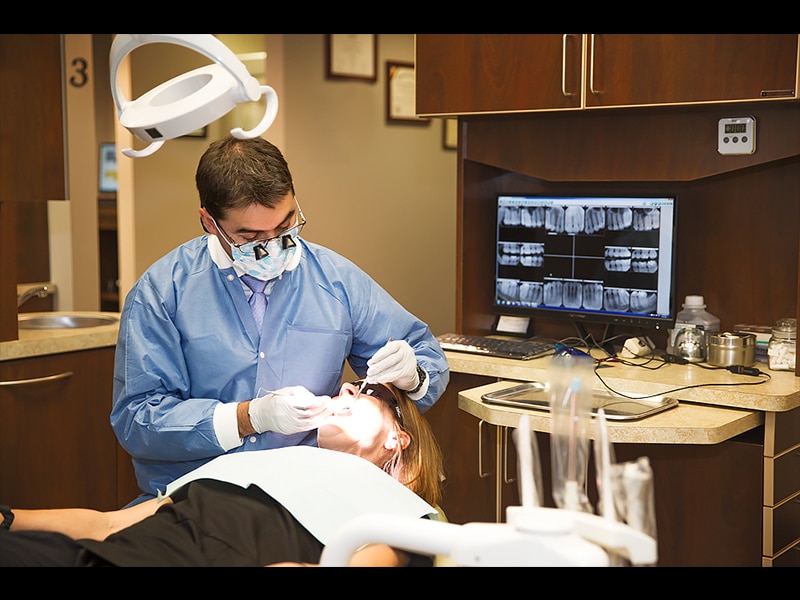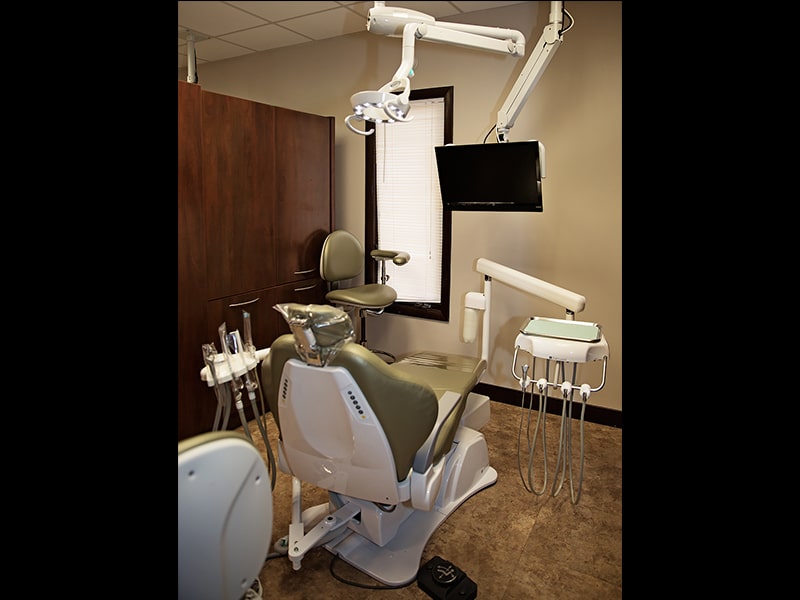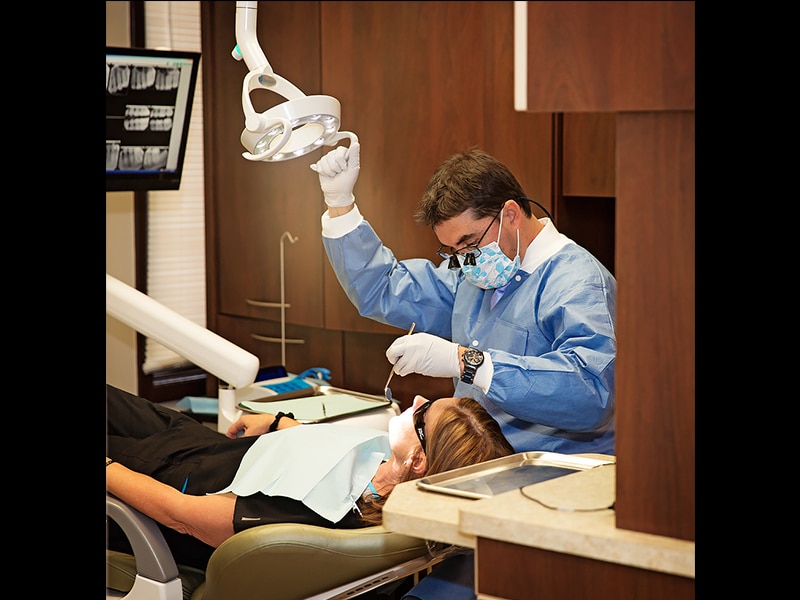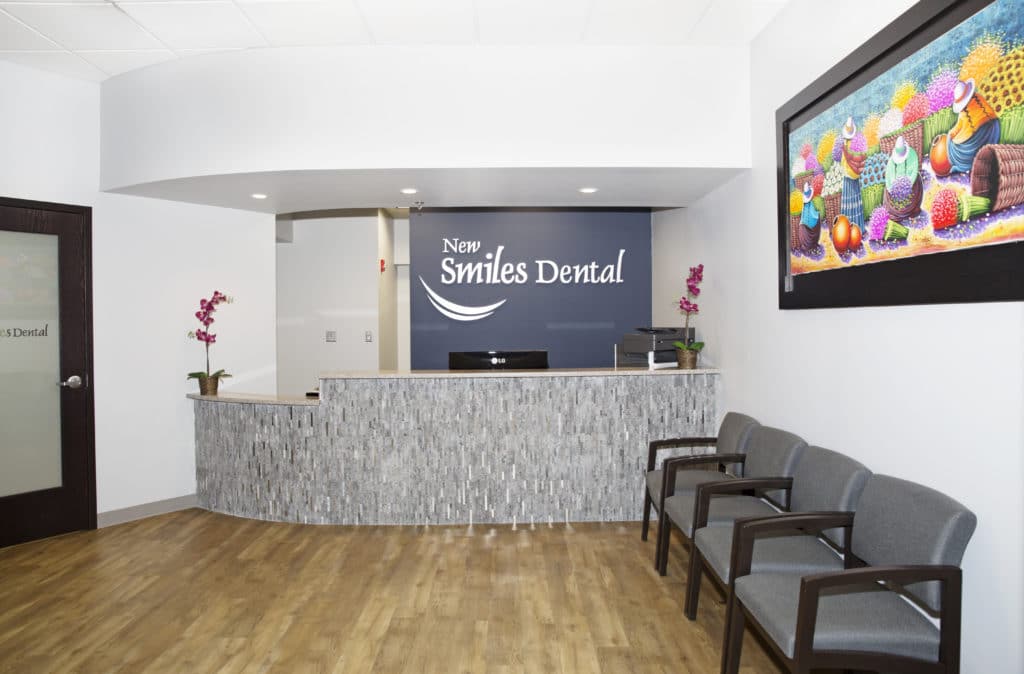When we think about our overall health, dental care often takes a backseat to other priorities. However, missing teeth can have a far-reaching impact on various aspects of our health, well-being, and confidence. This issue extends beyond mere aesthetics; it influences our ability to eat, speak, and interact socially. Understanding the consequences of missing teeth can motivate individuals to seek solutions, particularly during the upcoming open enrollment period for dental benefits in November.
The Physical Consequences of Missing Teeth
Missing teeth can lead to significant physical changes in the mouth and jaw. When a tooth is lost, the surrounding bone can start to deteriorate, leading to a process known as bone resorption. This occurs because the jawbone relies on the pressure generated during chewing to maintain its density and strength. Without this stimulation, the bone gradually loses its volume, which can alter facial structure and lead to a sunken appearance.
Furthermore, missing teeth can also affect the alignment of the remaining teeth. When a tooth is absent, the adjacent teeth may shift towards the gap, leading to misalignment. This can result in an uneven bite, which not only impacts appearance but can also cause discomfort and lead to further dental problems down the line.
The Impact on Nutrition
Eating is one of the most fundamental aspects of life, and missing teeth can significantly impair one’s ability to consume a balanced diet. Chewing becomes difficult, leading many individuals to avoid hard or nutritious foods like fruits, vegetables, and whole grains. Instead, they may opt for softer, processed foods that are less beneficial to their health. This can result in nutritional deficiencies over time, impacting overall health and well-being.
Inadequate nutrition can also lead to weight gain, diabetes, and other chronic health issues. Ensuring that you have a full set of teeth is crucial for maintaining a healthy diet and, by extension, a healthy body.
The Psychological and Social Effects
The loss of teeth can have profound psychological effects. Many individuals experience a decline in self-esteem and confidence due to the appearance of gaps in their smiles. This can lead to social withdrawal and an unwillingness to engage in activities that involve close interactions with others. The fear of judgment or embarrassment can make people avoid social gatherings, job interviews, and even dating opportunities.
Research shows that individuals with missing teeth often report higher levels of anxiety and depression. The connection between oral health and mental well-being is strong, and it highlights the importance of addressing missing teeth not only for physical health but also for emotional stability.
The Financial Implications of Missing Teeth
Addressing missing teeth can initially seem daunting due to the costs associated with dental care. However, it’s essential to view this as an investment in your health rather than an expense. Many dental insurance plans offer benefits that can significantly offset the costs of procedures such as dental implants, bridges, or dentures.
Open enrollment in November provides an excellent opportunity to review your dental benefits and explore coverage options for restorative treatments. Taking advantage of these benefits can alleviate the financial burden and encourage you to seek the dental care you need.
Dental Solutions for Missing Teeth
Fortunately, there are several effective solutions available for those dealing with missing teeth. The most common options include:
- Dental Implants: These are titanium posts surgically placed in the jawbone to serve as a foundation for replacement teeth. They are a long-term solution that mimics the look and function of natural teeth.
- Bridges: This option involves placing a false tooth (or teeth) anchored to the adjacent natural teeth. Bridges can restore the appearance of your smile and improve chewing ability.
- Dentures: For those missing multiple teeth, dentures can be an effective and cost-efficient solution. Modern dentures are designed to look natural and can improve overall function.
Each of these options has its advantages and considerations, so it is essential to consult with a dental professional to determine the best course of action for your specific situation.
Maintaining Oral Health After Tooth Loss
Once missing teeth are addressed, it’s crucial to maintain regular dental check-ups and good oral hygiene practices to prevent further issues. This includes brushing and flossing daily, eating a balanced diet, and avoiding tobacco products. Regular dental visits allow for early detection of potential problems, ensuring that your mouth remains healthy and functional.
The impact of missing teeth on health is profound and multifaceted, affecting everything from physical health to psychological well-being. Understanding these effects is vital for anyone experiencing tooth loss. This November, consider reviewing your dental benefits to explore your options for restorative dental care. Don’t wait to seek the treatment you deserve; contact New Smiles Dental today to discuss how you can restore your smile and improve your overall health.











